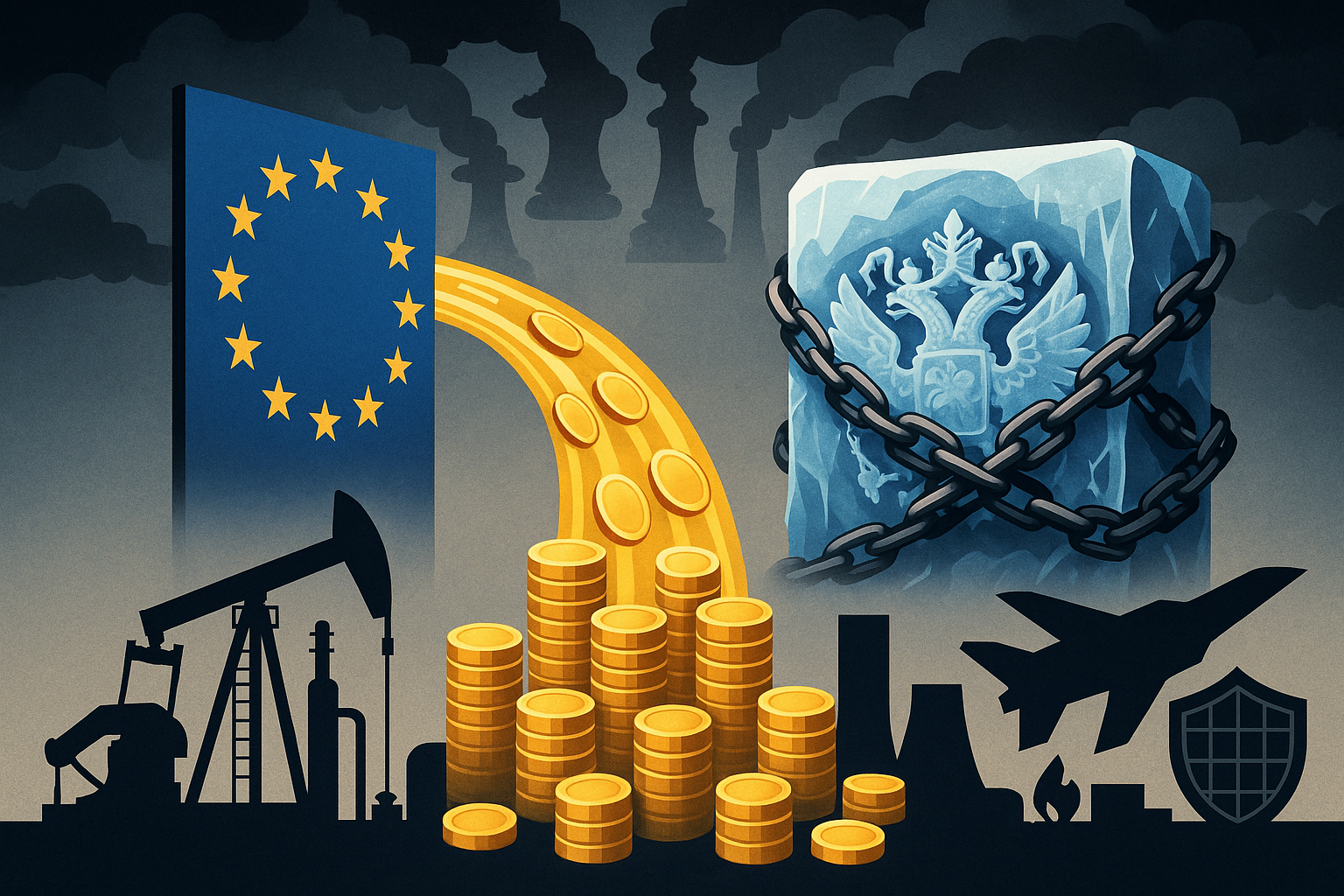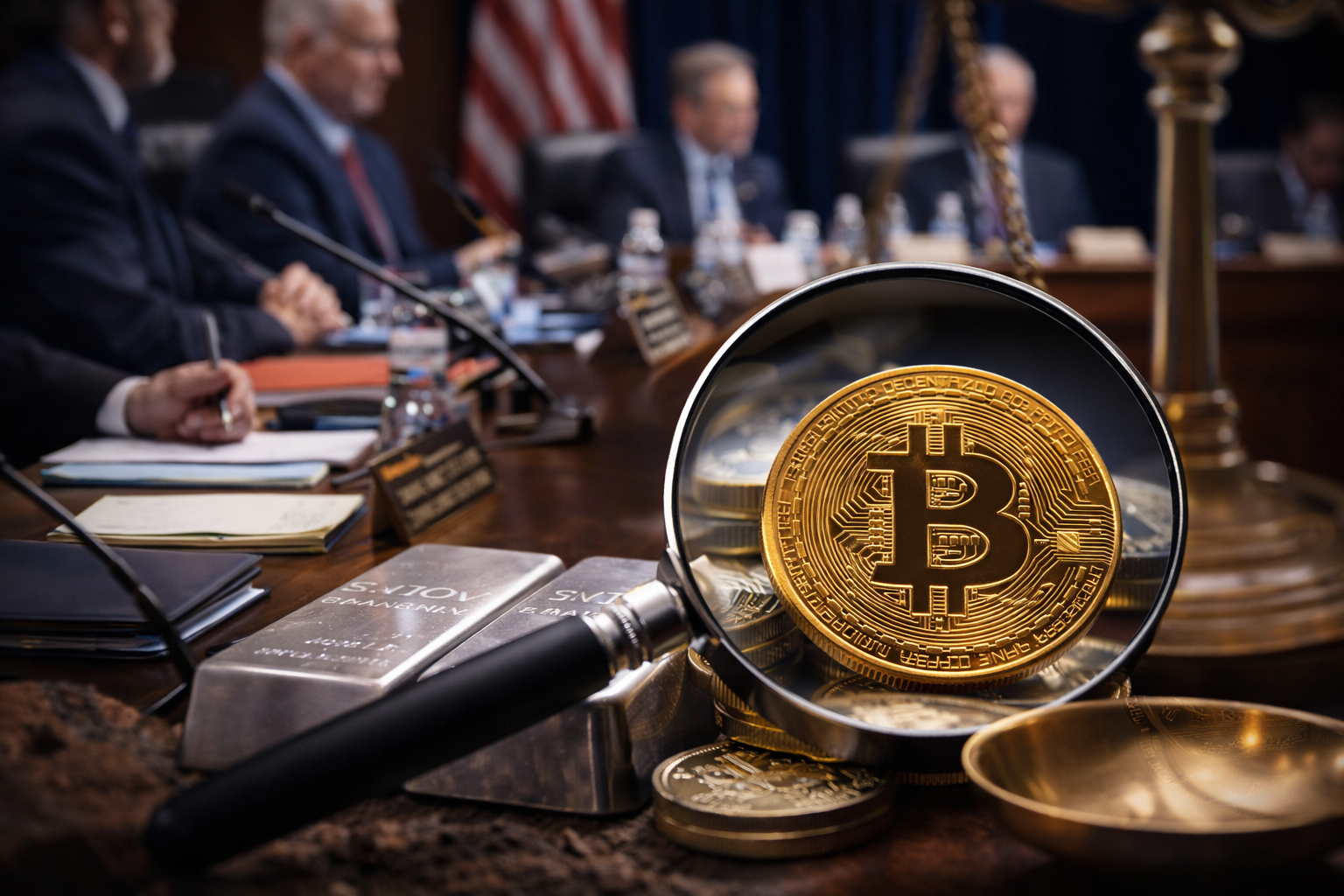A Geopolitical Shockwave With Market Implications
In an unprecedented financial maneuver, Euroclear is preparing to redistribute €3 billion ($3.4 billion) in profits from Russia’s frozen central bank assets to Western investors. The move, reported by Reuters, represents a major escalation in the West’s economic campaign against Russia and could reshape investor sentiment across sectors impacted by geopolitical tensions—particularly energy and defense.
This reallocation, expected to be finalized later this year, comes amid growing frustration in Europe over stalled reparations and mounting war-related expenses. For investors, the news signals a potentially heightened era of economic weaponization, creating both risks and opportunities across the global markets.
Why This Matters for Investors
The European Union froze over €200 billion in Russian assets following the invasion of Ukraine in 2022, most of which are held by Brussels-based clearinghouse Euroclear. While the principal amount remains untouched, the profits generated—mainly from reinvestments—are now being redirected.
This pivot by Europe is being justified on moral and economic grounds, but it’s a legally and diplomatically explosive move. Russia has already condemned the decision and threatened retaliatory measures, including targeting European firms with operations or assets in Russia.
The development is likely to increase market volatility, especially in:
- Energy markets (gas, oil), as supply disruptions or retaliatory moves from Russia remain a persistent threat.
- Defense and cybersecurity stocks, which may benefit from heightened geopolitical uncertainty.
- European banks and multinationals, particularly those with Russian exposure, which could face direct or indirect retaliation.
“This isn’t just a financial shift; it’s a geopolitical provocation with real consequences for global capital flows,” said Marc Chandler, Chief Market Strategist at Bannockburn Global Forex.
Breaking Down the Financial Mechanics
- Amount Redistributed: €3 billion in interest earnings from frozen Russian sovereign assets.
- Recipient Use: Funds will likely support Ukraine’s reconstruction and aid efforts or compensate Western institutional investors impacted by the war.
- Mechanism: Profits collected by Euroclear on immobilized securities reinvested in highly-rated sovereign debt instruments.
Notably, the EU has emphasized that the principal frozen funds remain untouched, in an effort to avoid violating international law. However, Moscow has already interpreted the redistribution of profits as theft, calling it a “hostile act.”
Future Trends to Watch
- Escalation Risks: Markets should brace for possible tit-for-tat responses by Russia, especially in commodities and natural gas exports to Europe.
- Legal Ramifications: Multinational investors and financial institutions must monitor how international courts interpret these asset reallocations. This could set a precedent for future conflicts.
- Shifts in Capital Allocation: With geopolitical risk rising, expect institutional investors to rebalance toward defensive sectors, energy hedges, and regions with legal predictability.
The G7 and EU are reportedly aligned on the strategy, though some neutral nations have raised concerns about what this precedent might mean for global asset security. Sovereign wealth funds and central banks in emerging markets may react by diversifying away from Eurozone-based assets, reducing exposure to any financial system perceived as politicized.
Key Investment Insight
The redistribution of frozen Russian assets by Euroclear marks a new era in financial statecraft, where economic tools are increasingly leveraged in international conflicts. For investors, this means geopolitical risk is no longer just background noise—it’s a core investment factor.
Consider:
- Increasing exposure to defense contractors, energy producers, and cybersecurity firms.
- Hedging against volatility in European markets and energy commodities.
- Monitoring sovereign debt exposure, especially in regions vulnerable to geopolitical disputes.
This event underlines the need for investors to be geopolitically literate and agile in their portfolio strategies.
Stay Ahead with MoneyNews.Today
From the war room to Wall Street, geopolitical developments are now a central force in shaping investment outcomes. Stay informed, stay agile—and stay with MoneyNews.Today for trusted insights on the financial world’s most pressing stories.





